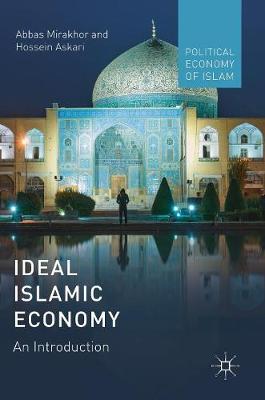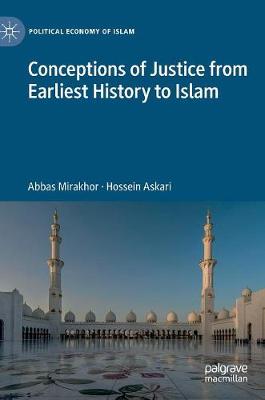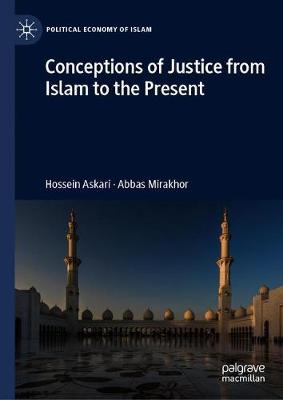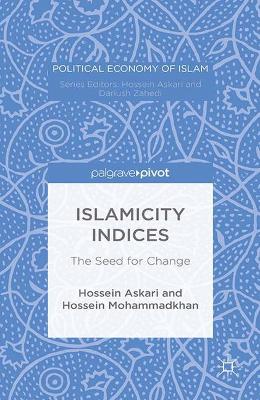Political Economy of Islam
4 total works
This book provides an introduction to the vision of an economic system based completely on the Holy Qur'an-a system defined as a collection of institutions, representing rules of behavior, prescribed by Allah for humans, and the traditions of the Messenger. The authors argue that the main reason for the economic underperformance of Muslim countries and their economies has been non-compliance with the prescribed rules of behavior. Rule non-compliance has been chiefly due to the failure of Muslims to comprehend the Metaframework of the Qur'an and the Archetype Model of the Prophet Mohammad and interpret them in ways compatible with their own generation and time. Askari and Mirakhor believe these rules (institutions), properly adapted to prevailing conditions present what they consider as an ideal economic system.
Conceptions of Justice from Earliest History to Islam
by Abbas Mirakhor and Hossein Askari
This book examines the conceptions of justice from Zarathustra to Islam. The text explores the conceptions of justice by Zarathustra, Ancient Egypt, India, Mesopotamia, Noah, Abraham, and Moses. During the Axial Age (800-200BCE), the focus of justice is in India, China, and Greece. In the post-Axial age, the focus is on Christianity. The authors then turn to Islam, where justice is conceived as a system, which emerges if the Qur’anic rules are followed. This work concludes with the views of early Muslim thinkers and on how these societies deteriorated after the death of the Prophet. The monograph is ideal for those interested in the conception of justice through the ages, Islamic studies, political Islam, and issues of peace and justice.
Conceptions of Justice from Islam to the Present
by Hossein Askari and Abbas Mirakhor
This book explains a perspective on the system of justice that emerges in Islam if rules are followed and how the Islamic system is differentiated from the conventional thinking on justice. It examines conceptions of justice from the Enlightenment to Bentham to Rawls to contemporary philosophers including Sen, Cohen, Nussbaum, and Pogge. The authors present the views of twentieth century Muslim thinkers on justice who see Muslims upholding rituals but not living according to Qur'anic rules. It provides empirical surveys of the current state of justice in Muslim countries analyzing the economic, social, and political state of affairs. The authors conclude by assessing the state of justice-injustice in Muslim countries and highlighting areas in need of attention for justice to prevail.



